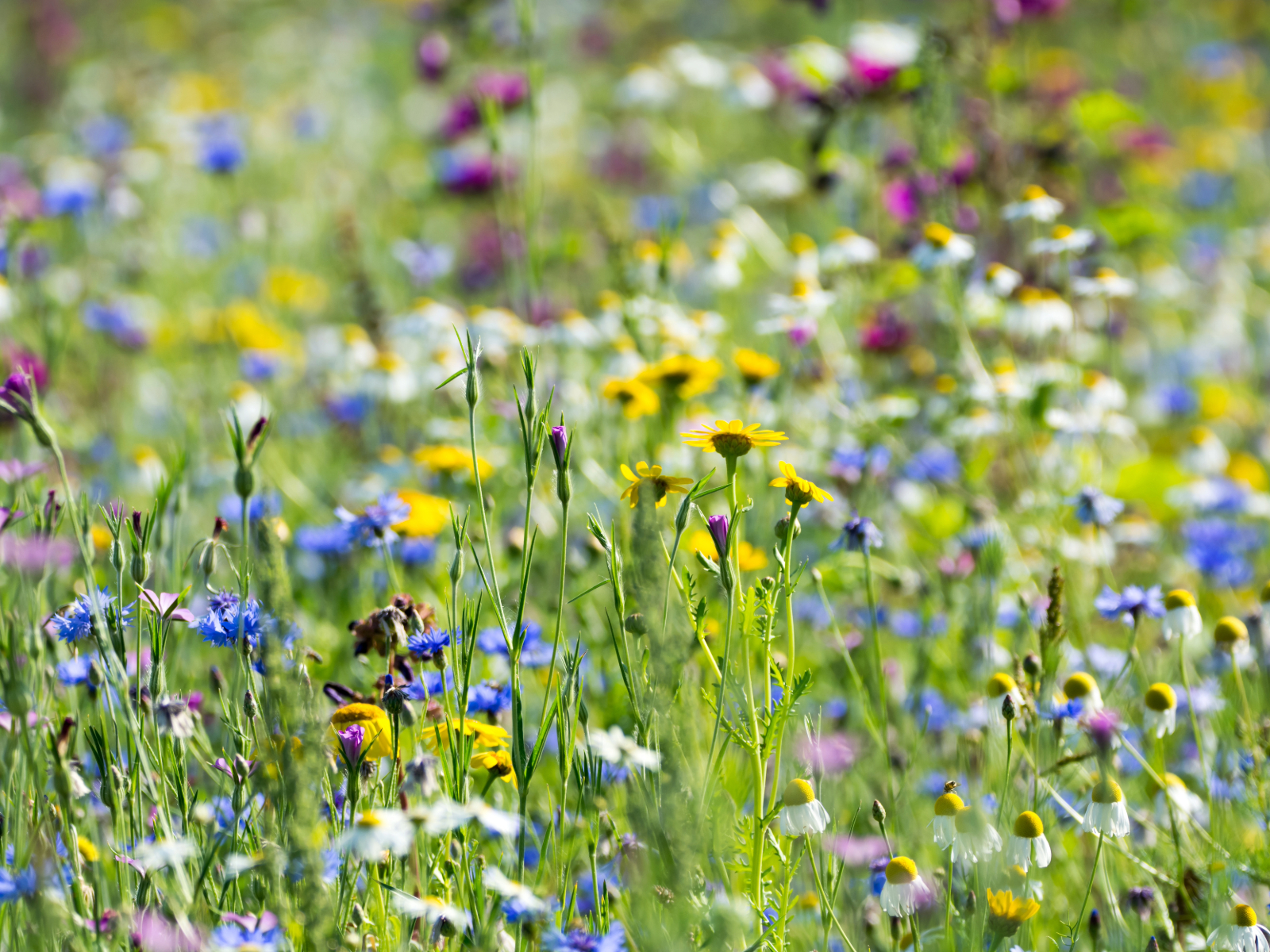Space, in the UK, is at a premium. We’re a small island nation with big aspirations but we seem to forget that we should be looking after the ground beneath our feet and the other life forms that live here first.
We prioritise building outward, not upward. Our country’s forests and fields are being taken up with more and more building developments, leaving less room for England’s native species and creatures.
There is nothing wrong with accommodating our growing population, providing cheaper housing to young families and developing our transport links. However, we seem to be doing it at the expense of the country’s beautiful nature and species.
As a country, we generally frown upon living in a flat. We’ve been conditioned that a flat is less desirable than a ‘home’ and not something that anyone would choose to live in. However, flats are an important resource, they are much more space efficient than homes, they’re cheaper to build (per accommodation) than homes, cheaper to purchase and cheaper to heat.
A flat doesn’t spoil a skyline that already has apartment buildings across it. However, multiple homes will ruin a beautiful field or forest when we begin to develop into them. Flats don’t even have to be an eyesore; it’s simply that current apartments haven’t had the investment to make them beautiful, desirable buildings.
There are some things that we are doing right though. In our recent blog, we talk about how certain councils are deliberately letting parks and verges become over-grown. This helps to re-establish our wild grass population, which helps to conserve our critically important wild insect and mammal numbers, and has the benefit of saving the council thousands of pounds a year in maintenance costs.
The ultimate goal of ‘conservation’ is to put the systems in place to be sustainable and our efforts as a country – be it in housing, nature, transportation or energy – should be absolutely sustainable.
As we continue to build outward, not upward, we begin to lose our sustainability. We lose valuable land for crops and nature and fall behind in housing.
We at Eco contribute to sustainable energy production through solar farm at our head office in Parley, as well as our Anaerobic Digester Facility in Piddlehinton. We’re even moving into other areas of green energy production; follow us on Facebook, Twitter or LinkedIn to get updates as they progress.
